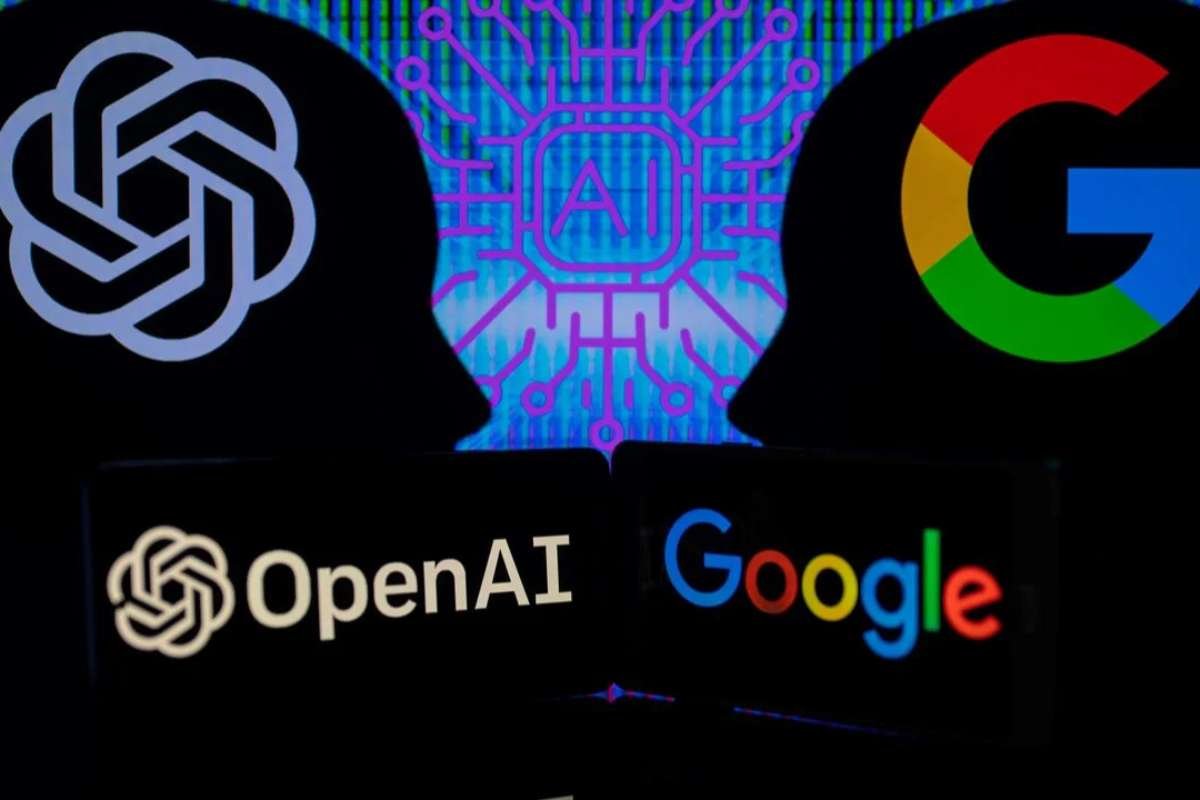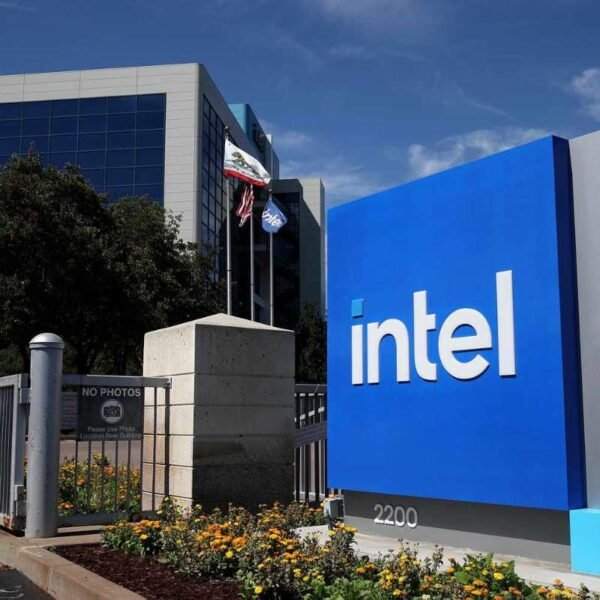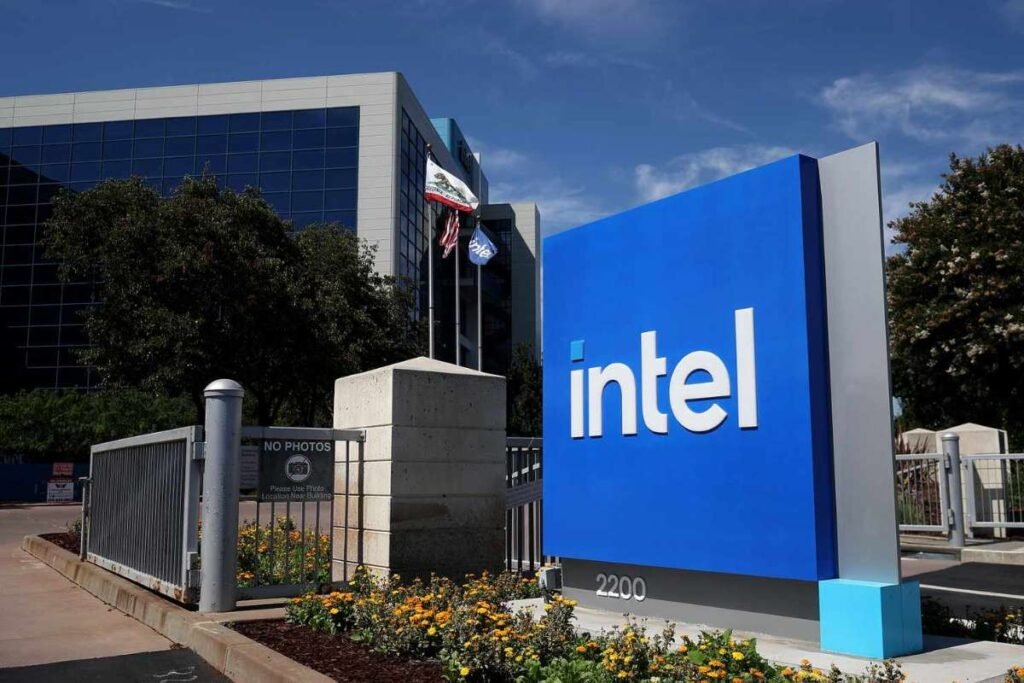OpenAI is preparing to enter the AI web browser market with a new AI-powered product that could fundamentally reshape how users interact with the internet. According to Reuters, the browser built on Google’s open-source Chromium engine will include a native ChatGPT-like conversational interface, allowing users to browse using natural language rather than traditional navigation tools.
Unlike conventional browsers, which rely on search queries and URL inputs, OpenAI’s upcoming browser will enable users to complete tasks through simple text-based prompts. From searching content to summarizing articles and even interacting with websites, the experience aims to be seamless and intuitive. The goal is not just to improve browsing but to fundamentally redefine it, positioning the browser as a proactive assistant rather than a passive tool.
AI Agents, User Data, and Strategic Ambitions
One of the most significant features of the new browser is the integration of OpenAI’s “Operator” agent—a smart assistant introduced in January 2025. As per TechCrunch, Operator can perform tasks like booking appointments, filling forms, or making purchases directly through the browser. This shift toward agent-based interaction represents OpenAI’s vision for the future of the web: AI that doesn’t just respond but acts autonomously on behalf of users.
Crucially, this also gives OpenAI more direct access to user data, something previously filtered through third-party platforms like Chrome. With nearly 500 million weekly users already engaging with ChatGPT, even partial adoption of the new AI web Browser could dramatically shift web traffic and data flows. As Reuters notes, this could pose a real threat to Google’s $200 billion ad empire.
Interestingly, earlier this year, OpenAI reportedly considered acquiring Chrome itself if regulators forced Google to break it up, according to court records from April 2025. That effort didn’t materialize, but building a new browser from scratch signals OpenAI’s intent to control the full browsing experience, from interface to backend data processing.
Industry Impact and Competitive Landscape
The timing of OpenAI’s browser launch coincides with a broader shift in the industry toward AI-integrated web experiences. Companies like Perplexity, Brave, and The AI web Browser Company have already released or announced AI-enhanced browsing solutions. Just this week, Perplexity launched “Comet,” an AI-first browser with a focus on natural interaction and fast content summarization.
This wave of innovation is rapidly dismantling the traditional search-based browsing model. If Open AI’s browser succeeds, it could mark a turning point in how people access the internet, moving from searching and clicking to conversing and delegating.
However, this also raises critical questions about privacy, control, and transparency. As browsing becomes more agentic and less user-directed, concerns about how data is collected, used, and protected are likely to intensify, especially from publishers who fear a loss of direct traffic.
OpenAI’s AI-powered browser isn’t just another web tool; it’s a potential game-changer that challenges Chrome’s dominance, shifts the digital advertising paradigm, and reimagines browsing as a personalized, intelligent, and proactive experience. As the industry braces for this disruptive move, the browser wars are about to get a lot more intelligent.
Read Also: Best AI Tools in 2025, Unlocking Potential with AI Tools
Sources:










